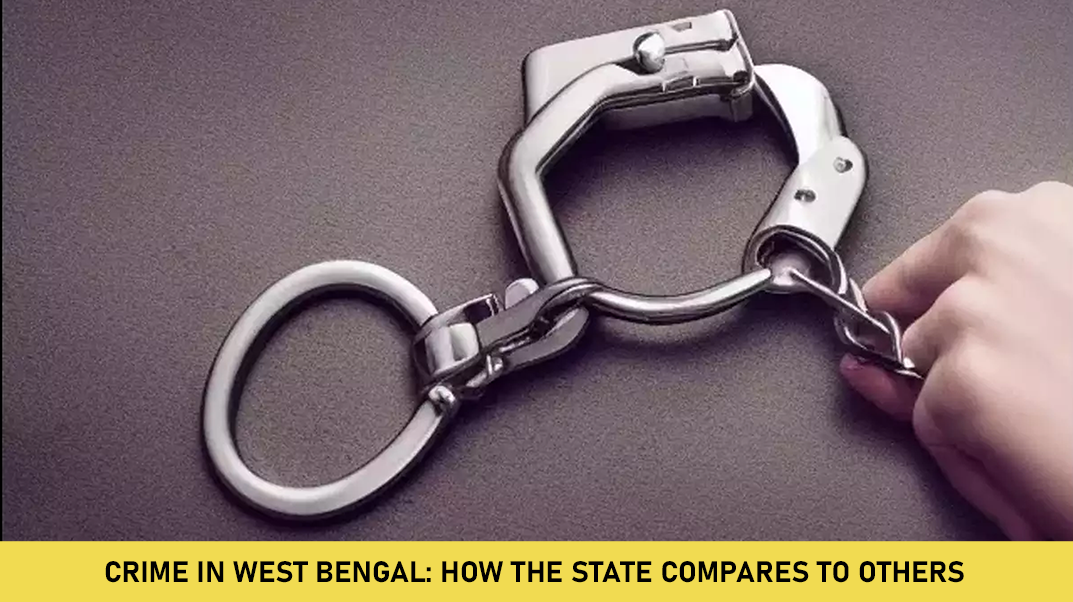West Bengal’s Anti-Rape Bill: What It Means for Victims and Law Enforcement
In recent years, the issue of sexual violence has garnered increasing attention across India, and West Bengal is no exception. In response to growing concerns and the need for more stringent legal measures, the West Bengal government introduced the Anti-Rape Bill. This legislation aims to enhance the protection of victims and strengthen law enforcement’s response to sexual violence. Here’s an in-depth look at what this bill entails and its implications for both victims and law enforcement agencies.
Key Provisions of the Anti-Rape Bill
The West Bengal Anti-Rape Bill is designed to address several critical issues related to sexual violence. Its key provisions include:
- Stricter Penalties for Offenders: The bill proposes enhanced penalties for those convicted of rape and other sexual offenses. This includes the possibility of life imprisonment and, in extreme cases, the death penalty. The aim is to create a deterrent effect, discouraging potential offenders from committing such heinous crimes.
- Speedy Trials: To ensure that justice is delivered promptly, the bill mandates the establishment of special fast-track courts for handling rape cases. These courts are designed to expedite the legal process, reducing the time victims have to wait for their day in court and minimizing the trauma associated with prolonged legal battles.
- Enhanced Victim Protection: The bill includes provisions to protect victims throughout the legal process. This involves measures to prevent the harassment of victims and witnesses, including protection from media exposure and intimidation. Additionally, victims are entitled to counseling and support services to aid in their recovery.
- Greater Accountability for Law Enforcement: The legislation requires law enforcement agencies to adhere to specific protocols when handling rape cases. This includes timely registration of complaints, prompt medical examinations, and thorough investigations. The bill also emphasizes the need for sensitivity and respect when dealing with victims.
- Public Awareness Campaigns: Recognizing the importance of changing societal attitudes towards sexual violence, the bill mandates public awareness campaigns. These campaigns aim to educate the public about sexual violence, consent, and the legal avenues available for victims.
Implications for Victims
For victims of sexual violence, the Anti-Rape Bill represents a significant step towards justice and support. The enhanced penalties for offenders provide a sense of hope that perpetrators will face severe consequences. The establishment of fast-track courts ensures that cases are handled efficiently, reducing the emotional and psychological strain on victims.
Victims also benefit from the protection measures outlined in the bill, which aim to safeguard them from further harm during the legal process. The availability of counseling and support services is crucial for helping victims recover and rebuild their lives.
Implications for Law Enforcement
The Anti-Rape Bill imposes new responsibilities on law enforcement agencies. Police officers and investigators are required to follow strict protocols when handling rape cases, which demands increased training and sensitivity. The bill also emphasizes accountability, requiring law enforcement to report on the progress and outcomes of rape cases.
For many officers, this means adapting to new procedures and prioritizing the needs of victims. The establishment of special fast-track courts necessitates coordination with the judiciary to ensure that cases are processed efficiently.
Challenges and Considerations
While the Anti-Rape Bill represents a progressive move towards addressing sexual violence, challenges remain. Implementing the bill’s provisions requires adequate resources, training, and commitment from all stakeholders involved. Ensuring that law enforcement agencies adhere to the new protocols and that victims receive the support they need is essential for the bill’s success.
Public awareness and education are also crucial in changing societal attitudes towards sexual violence and promoting a culture of respect and consent.
Conclusion
West Bengal’s Anti-Rape Bill signifies a robust effort to enhance the protection of victims and improve the response of law enforcement to sexual violence. By introducing stricter penalties, expedited trials, and better support for victims, the bill aims to address the gaps in the legal system and promote justice. As the bill is implemented, its success will depend on effective enforcement, public support, and a continued commitment to addressing sexual violence in all its forms.

